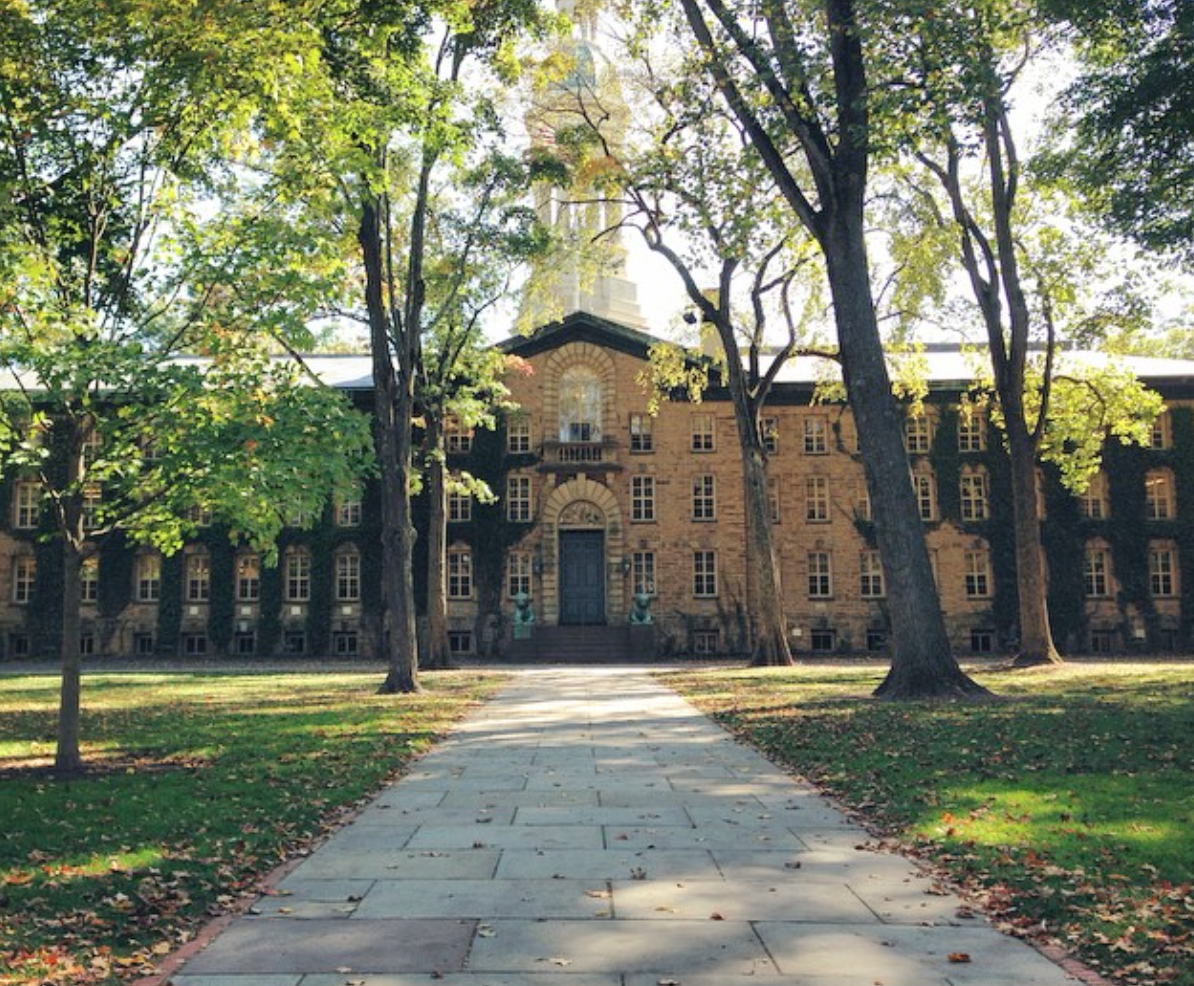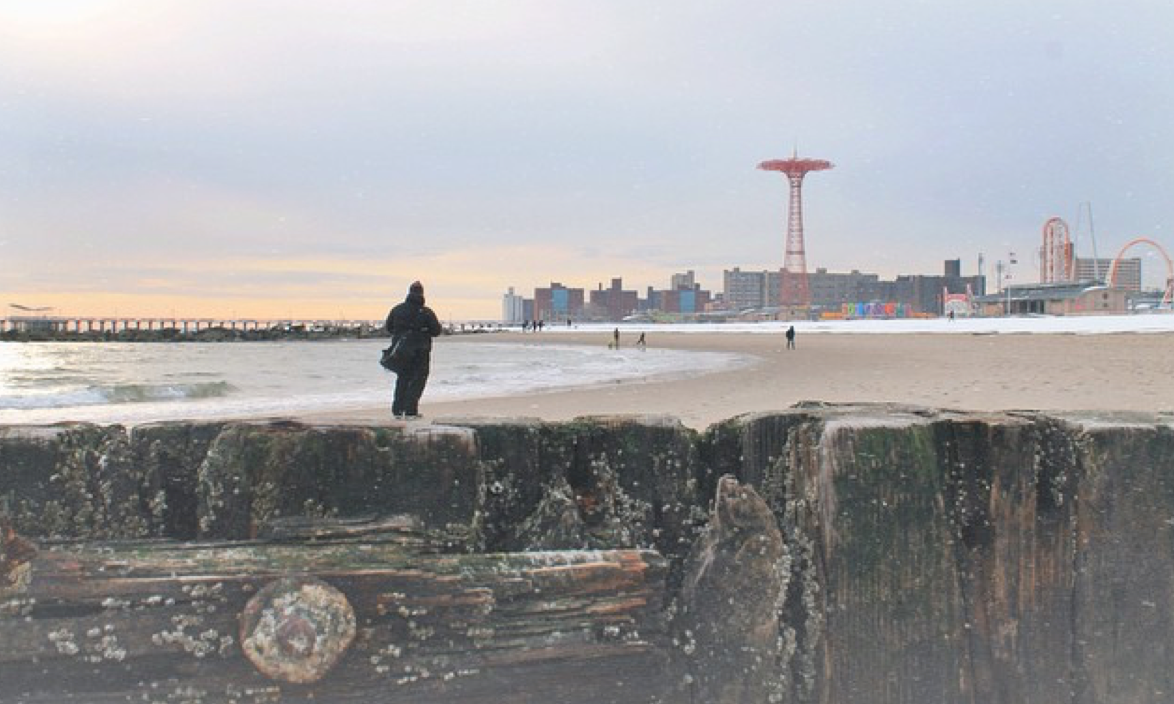The Case for Atlantic City

Across the bay from the tiny fishing village of Absecon lay a wild barrier island of forests, sand dunes, sea grass and salt water pools. It was desolate and untamed, guarding the sleepy town from the mighty waves of the Atlantic. But that’s not what Jonathan Pitney saw. The Absecon doctor envisioned a city by the sea, with paved roads, infrastructure, bridges and a resort for people to breathe fresh ocean air. Thought of as a disillusioned and unrealistic dreamer with a crazy idea, Pitney pressed on anyway and eventually Atlantic City was built.
America’s first city constructed as an experiment in social planning and solely for the purpose of luxury, comfort and entertainment, was centered on crowd-drawing spectacles; a place where one would see things they’d never see anywhere else. In a recent Op-Ed for The New York Times, Boardwalk Empire author Nelson Johnson said that the key to Atlantic City’s future lies in the past.
Since the start, AC made her own rules. Though some say it was Chicago, organized crime actually began within her. Mind you it was certainly quite organized. Despite corruption, the city simply functioned in-sync with bending the laws of the land and thrived because of it. Atlantic City was a national exception, especially during prohibition when the city’s treasurer Enoch “Nucky” Johnson ruled the resort, keeping the city “wet as a mermaids twat” to quote the first episode of Boardwalk Empire.
But her glory days started to fizzle when her primary customers, the people of Philadelphia and New York City, could afford air travel. Why go to Atlantic City when you can visit the Bahamas for your vacation? And so the casinos came in to save the day… but the problem began right then and there. Instead of investing in the city of Atlantic, her streets, small businesses, neighborhoods and citizens, the focus was placed solely on the emerging skyline of casinos. As the boardwalk rose in grandeur, the city itself just beyond the beaches fell into rapid decay.
And now the casinos are falling like dominos due to out of state competition and a myriad of other factors, leaving AC in disarray. But maybe this is just what she needs.
Here lies an old east coast city with rich history and suddenly, it’s available for the taking, making the great frontier no longer the west but a renewed east, coming full circle. These might be hard times for Atlantic City but the pains of childbirth have the potential to deliver a brand new city, and one that already has a deep rooted and proud past.
We’ve watched westward expansions and seen millennials move to a city and claim it as their own. Austin and Portland, Nashville and Silicon Valley: spots that are now dominated and taken over by young people who saw these places as theirs for the taking. Many undertook risks moving in to neighborhoods like Fishtown in Philadelphia and transformed the area from impoverished to trendy and even somewhat elite, starting nonprofits, small businesses and creating rich urban community. There is phenomenal prospect for Atlantic City unlike any other time. She now has the chance for real renaissance; the rebirth of her Boardwalk Empire. Her ideal ocean front location is situated close to both Philadelphia and New York City; massive hubs of potential business. What an opportunity! A chance to rebrand the seaside city not as a gambling mecca but as an entertainment capital, a Hollywood of the east coast where performances, spectacles, shows, concerts, theater, ballet, art, entertainers, water parks, festivals, film studios, surfing, nautical fashion, gaming and restaurants could thrive.
Long before Atlantic City’s “official” fall, my friend and colleague Geoff Rosenberger who worked alongside me at Atlantic City Weekly proposed many ideas and suggestions to save the city. He wrote countless op-eds and more recently composed a slideshow of a potential five year plan to put the city on a renewed path. You can view that here.
What’s old is new again and here she sits, a glimmering city on the east coast, sandwiched between the centers of the northeast action, actually open for the taking. Now is the time for a new experiment, to RE-“do AC”, to buy in, assemble the troops, plot, plan, and prepare an invasion. It’s our chance as millennials to be new pioneers and colonizers in a city that never played by the traditional rules.
A beach front metropolis for the taking, lying in wait, a damsel in distress that can be saved and propped up on a pedestal for all of America to see. No longer does one have to envy a life in New York, Boston or Philadelphia because there’s an old but now new city waiting for its new residents to come in and rebrand it. And the reward: a beautiful beach. Not many cities can boast that. Let’s encourage the migration. AC has a mighty future as a true American City. Pitney’s vision looked past immense challenges and despondency because somewhere in a breeze cool as the foam of the sea coming off that island came the rumble and clamor of boardwalk crowds, jazz bands, the clinking of silverware and the splashing of bathers.





